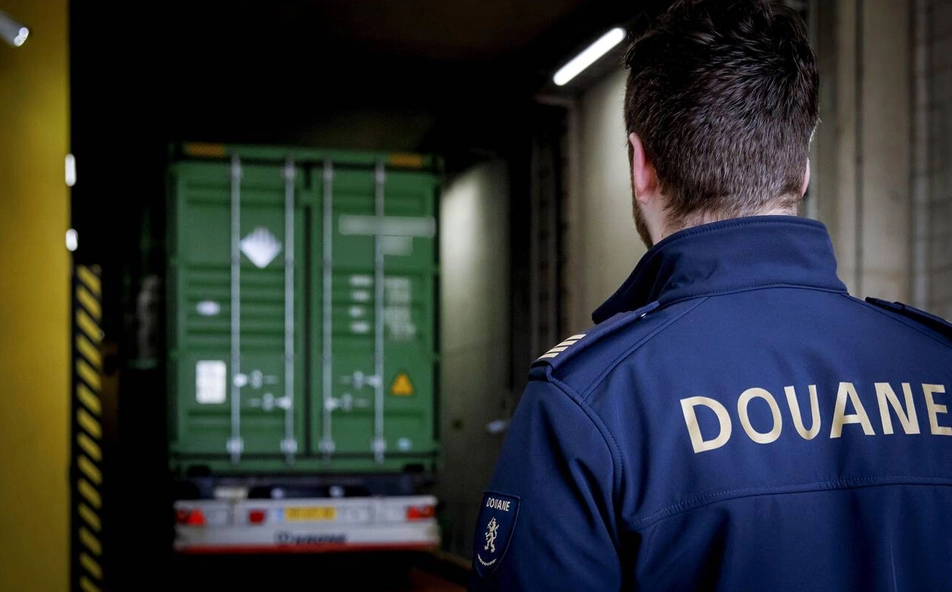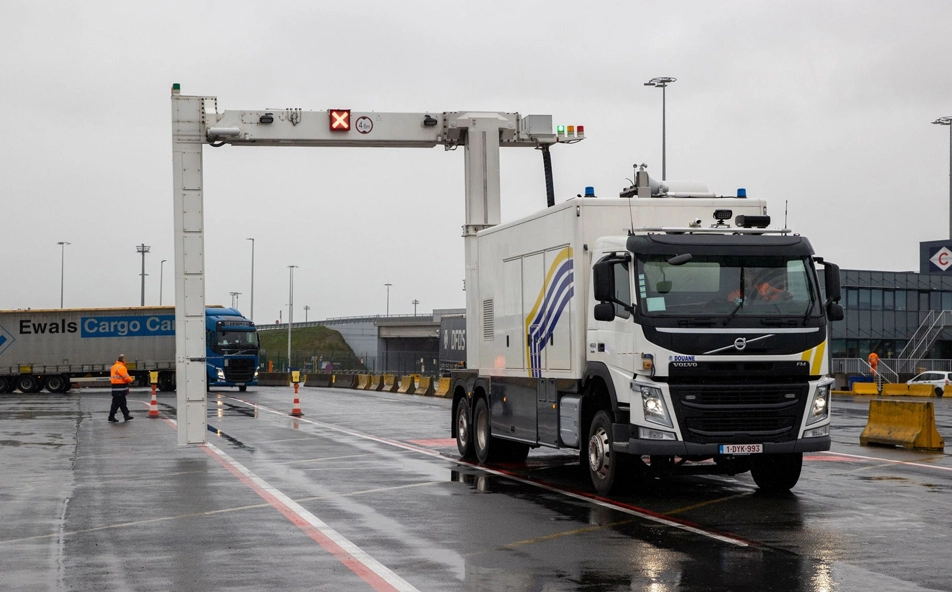English
Search
Southeast Asia to Northern Europe:
Ships depart from Chinese ports (e.g., Shanghai, Ningbo) and sail through the South China Sea, Strait of Malacca, Indian Ocean, and Suez Canal. After entering the Mediterranean, they head north to Northern Europe (e.g., Rotterdam, Hamburg, Antwerp).
Southern Europe via Suez Canal:
Ships follow the same route as the Northern Europe route but head south after passing through the Suez Canal, reaching Southern European ports like Barcelona, Genoa, and Marseille.
Western Mediterranean:
Similar to the Southern Europe route but focused on Western Mediterranean ports like Barcelona and Marseille. This route is used for goods to Spain, France, and nearby countries.
Northern Sea Route (Seasonal):
During summer, ships bypass the Suez Canal and take the Northern Sea Route through the Arctic Ocean, reaching Northern Europe (e.g., Norway, Sweden). Limited by ice conditions.
Cape of Good Hope:
If the Suez Canal is blocked, ships may detour around the Cape of Good Hope (South Africa) and head north to Europe. This is a longer, more expensive route.
Why Choose Belgium for Deferred Customs Declaration?
Geographic Advantage: Belgium is strategically located in Western Europe, bordered by Germany to the east, the Netherlands to the north, France to the south, and separated from the UK by the North Sea. This location makes it an ideal transshipment hub with easy access to major European markets.
VAT Postpone Accounting Advantage: Belgium was one of the first EU countries to implement VAT postpone accounting, providing a streamlined and efficient process for deferring VAT payments. Sellers who choose Belgium for customs clearance can apply for this deferral, simplifying their operations. This policy helps ease cash flow pressures by allowing VAT to be deferred, rather than requiring upfront payment at the time of import.
Inclusiveness Advantage: As a key gateway to Europe, Belgium offers greater inclusivity for international sellers. Unlike some countries that require local VAT registration, Belgium allows the use of any EU country’s EORI number and VAT number for VAT postpone accounting applications. Additionally, Belgium’s lower inspection rates, faster container pick-up, and more flexible product requirements make customs procedures smoother and quicker.
Cost-Effectiveness Advantage: Belgium's customs deferral system is highly cost-effective, benefiting from strong market demand, frequent shipping routes, and transparent pricing. While transshipment through a third country may be necessary, Belgium’s fast customs clearance and efficient container handling ensure that shipments to European destinations are delivered on time.


Key Considerations for Belgium’s Deferred Customs Declaration:
Declared Value: According to the latest customs policies, the declared value of goods must be at least one-third of the selling price. If the declared value is too low, customs may increase inspection rates or adjust the value, which could result in higher taxes.
Documentation Requests: If Belgian customs requests additional documents, it is important to submit them accurately and on time to avoid delays or penalties.
Prohibited Goods: Avoid shipping goods that cannot be cleared through customs, including seeds, alcoholic beverages, pure liquids, tobacco products, single-use plastics, and items that violate legal or intellectual property regulations.
Documentation for VAT Postpone Accounting: When applying for VAT postpone accounting in Belgium, ensure that packing lists and invoices are properly separated. Additionally, all products sold in Europe must comply with regulations, including having the necessary certificates, test reports, conformity declarations, and compliance labels, and must meet quality standards.
Strengths: Strong European network with reliable service and good customer communication.
Weakness: Higher costs, less suited for budget-sensitive businesses.
Strengths: Known for fast deliveries and flexible options at competitive rates, ideal for SMEs.
Weakness: Limited reach in remote areas, with potential delays during peak seasons.
Strengths: Comprehensive logistics services and a solid reputation, good for large businesses.
Weakness: Higher prices and may be excessive for straightforward regional shipments.
Strengths: Extensive European network and reliable, timely deliveries; ideal for larger logistics needs.
Weakness: Premium pricing, potentially complex for simple shipments.